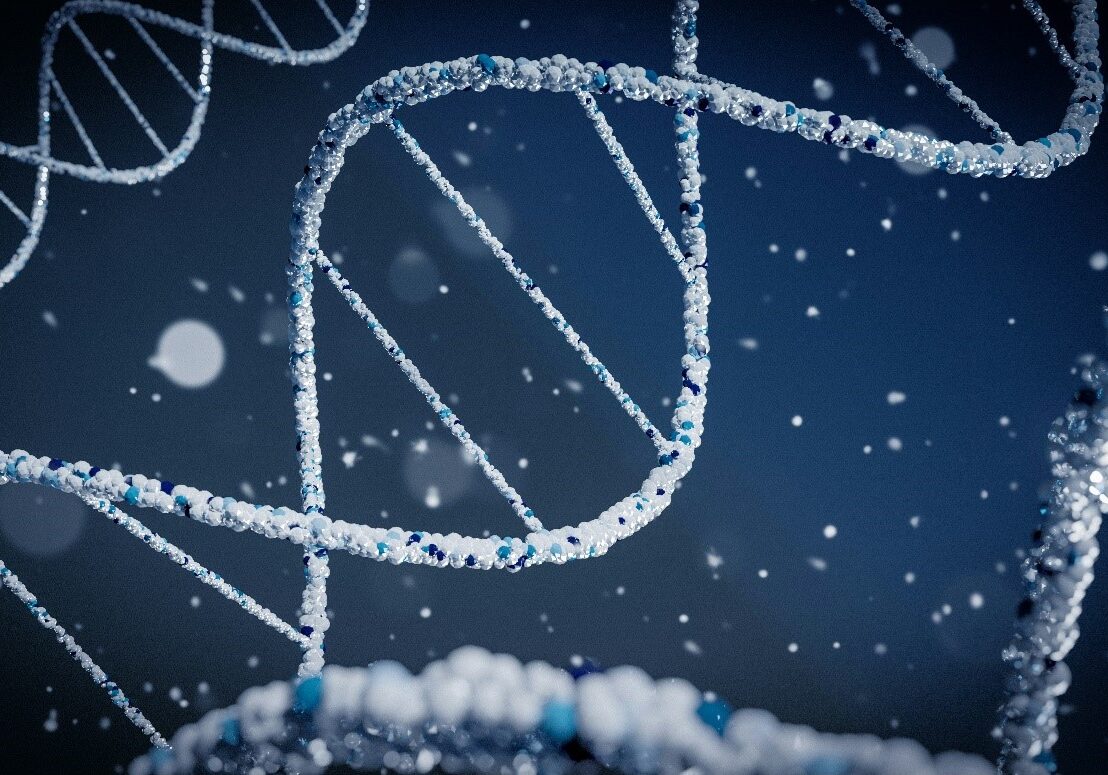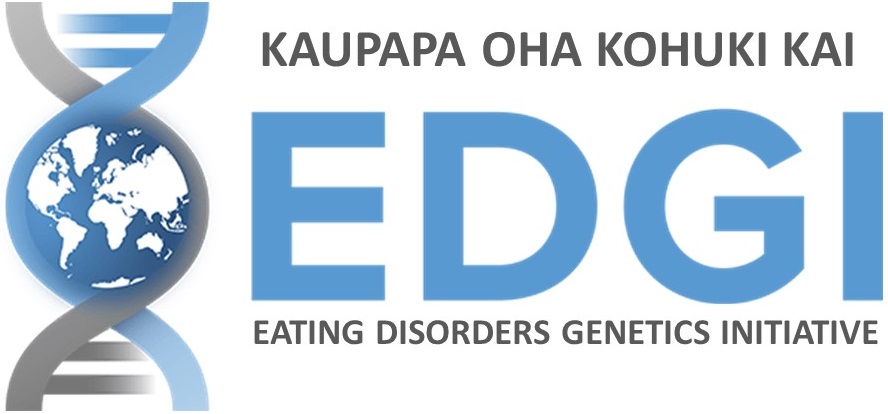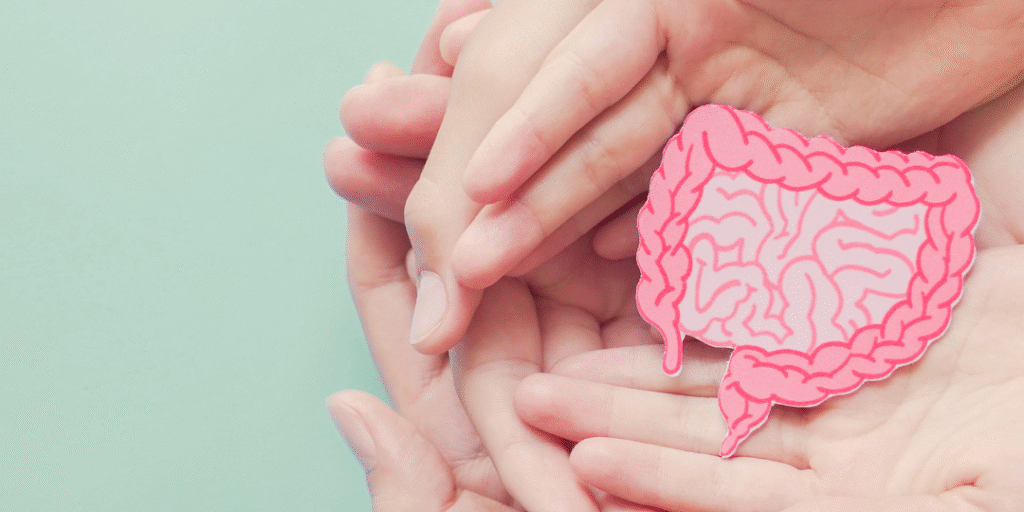Genes & Genomes – Insights about our research field

What Are Genes and Why Do They Matter?
Every cell in your body contains DNA, a unique code that carries the instructions for how your body works. Within this code are over 20,000 sections called genes. Each gene provides specific instructions for making functional molecules such as proteins, which play essential roles in keeping your body running: helping cells communicate, building tissues, or regulating processes throughout the body.
When we talk about someone’s genome, we’re referring to all of their genetic information combined. Studying our genomes helps scientists understand how certain traits—like eye colour or the risk for a health condition—are influenced by our genes.
How Do Scientists Study Genes?
To explore the connection between genes and traits, researchers use DNA samples (extracted from blood, saliva or other sample types). These samples are analysed with sequencing tools, which can read the DNA code of specific genes or even map out the entire genome. This helps scientists look for patterns or differences in the DNA that might play a role in how the body functions.
What Makes Each Genome Unique?
If you compared the DNA of two people, you’d see many similarities in the overall structure, but also key differences. Most of these differences come from the unique mix of genetic material each person inherits from their parents—even siblings with the same parents have distinct combinations. A small number of genetic differences can develop newly in a person (i.e. de novo variants). These de novo variants are not inherited from their parents, although these variants can be passed down to the person’s own children.
Are Genetic Differences Good or Bad?
Most genetic differences are neutral—they don’t harm or help. Some differences can be helpful, like those that allow someone to tolerate certain foods. Other differences can have small or large effects on the way our bodies function, which potentially contribute to someone’s risk for certain health conditions, including eating disorders. A few specific differences in genetic information have been found to have a large impact and strong relationship with the cause of a specific disorder, such as Huntington’s Disease. Many other specific differences in genetic information seem to cause small impacts on a person’s internal systems that slightly increase or decrease risk of developing a certain disorder. The combination of these many small impacts altogether add up to a person’s risk of these disorders, which are thus called complex traits. From a genetic perspective, psychiatric disorders—such as eating disorders or depression—are understood as complex traits.
It’s important to remember that genes are only part of the story. The effects of any genetic factor depend on its interactions with environmental factors like diet, stress, or lifestyle. This complexity makes it difficult and perhaps unhelpful to label any specific genetic difference as simply “good” or “bad.”
Why Study Genes?
By uncovering how specific genetic differences affect the body, researchers can better understand health conditions, including eating disorders. These studies help us learn more about how disorders develop, why some treatments work better for certain people, and how to improve prevention and care in the future. Studying genes is like solving a giant puzzle—every piece adds to the picture, helping us understand not only individual health but also the fascinating diversity that makes us who we are.
How Does EDGI Add to This Picture?
The EDGI project is driven by the purpose of ultimately improving outcomes for people affected by eating disorders. To do that we need to increase our basic understanding of the genetics and biology involved in these disorders.
We hope that sharing the findings gained from this research is a way our EDGI team can honour all the participants in these studies, for whom this research is deeply personal. Many have shared with us that their participation is often motivated by shaping a better future for other people affected by eating disorders. The generosity and dedication of participants to give their time and samples are what make these studies possible.
This research is ongoing, with a new round of EDGI participant recruitment currently underway. The range of scientific studies developed from collaborations between EDGI researchers and participants have already added new pieces to the giant puzzle of the genetic basis of eating disorders. This blog series will give an outline of published studies from EDGI collaborations around the world, and what we’ve learned from each one.
News
Participant Stories
Sorry, we couldn't find any posts. Please try a different search.





